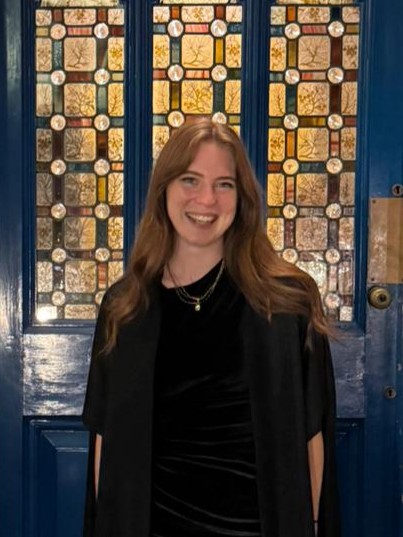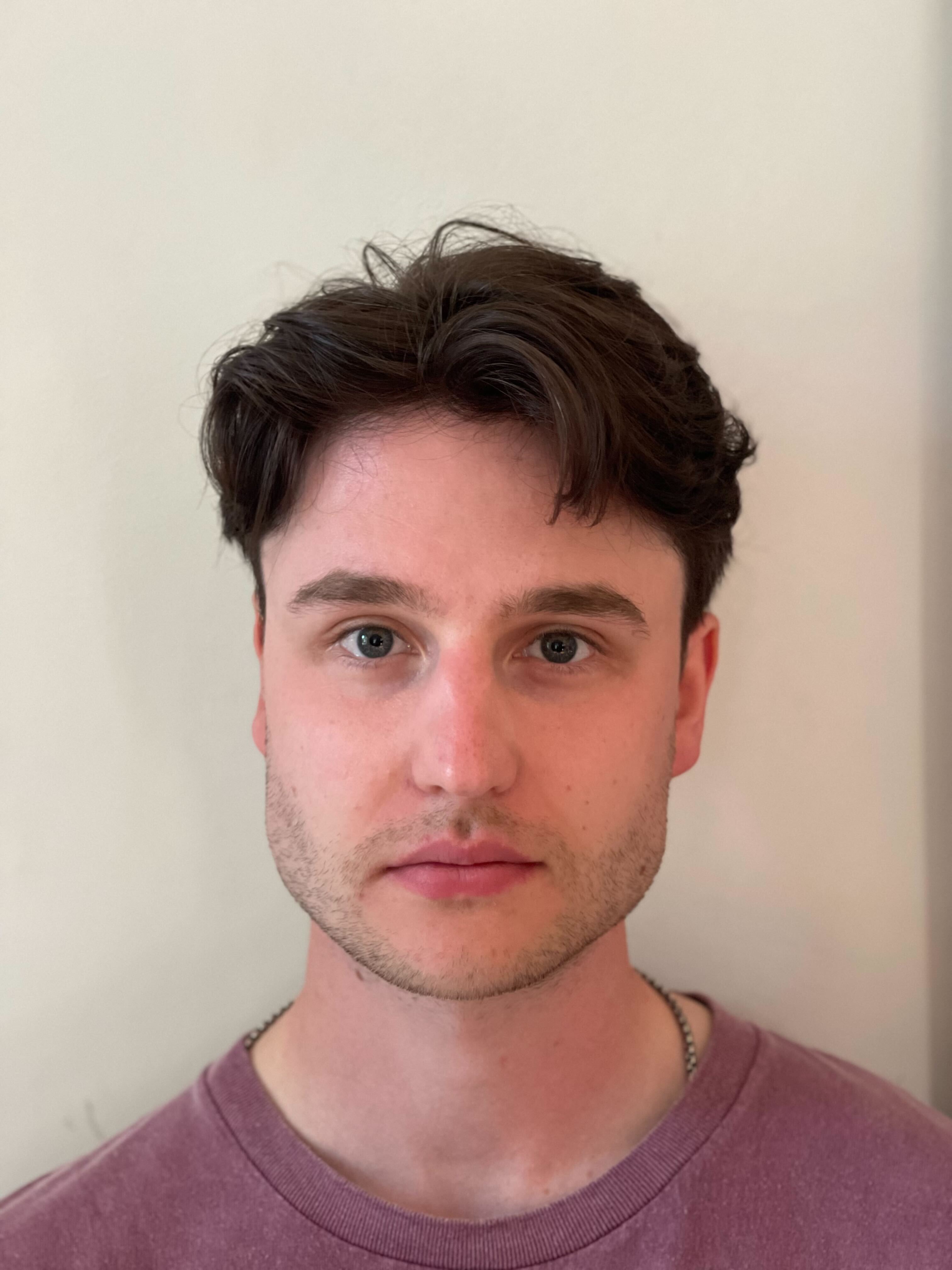The PhD in Immunity and Infection at CITIID is a 4-year programme, offering students a unique opportunity to harness our excellent mix of capabilities in fundamental basic research and clinical facilities to tackle some of the biggest global health challenges.
Tip: Press Ctrl+F (Windows) or ⌘+F (Mac) to search for people by research keywords.
2023 intake
Grace West
Lab: Rihn Lab, ImID/CITIID Research keywords: molecular virology, zoonosis, coronaviruses, innate immunity
What were you doing before joining Cambridge? I studied Medical Sciences at the University of Exeter. I first became excited about virology during my final year when I wrote my dissertation on the link between viral infection and Type 1 Diabetes. I continued in the same lab as a summer student where my supervisor encouraged me to be ‘in it to win it’ and apply to do a PhD. What are your research interests? I study the zoonotic potential of coronaviruses, focusing on how bat and rodent viruses adapt - or fail to adapt - to infect humans. My research examines innate immune defences, particularly interferon-stimulated genes, that act as barriers to viral spillover. By investigating molecular traits that shape cross-species transmission, I aim to identify factors that influence the emergence of new viruses with pandemic potential. What do you hope to do after completing your PhD? I would love to continue researching zoonosis! How has Cambridge supported your research journey? I have collaborated with Rebecca Morse in the Gupta lab on a study looking at whether vaccines can cross-protect against other coronaviruses. I have also enjoyed several workshops on bioinformatics to complement my research. |
2021 intake
Jack Smith
Lab: Matheson Lab, ImID/CITIID Research keywords: HIV, Virology, Host-Virus interaction, Post-Translational Modification
What were you doing before joining Cambridge? Before joining Cambridge in 2021, I completed an integrated Master’s in Biology (MBiol, BSc Hons) at the University of Leeds, graduating in 2020. My two-year research project investigated how Toxoplasma gondii infection alters host neurotransmitter regulation, where I developed a bespoke plasmid reporter system and gained extensive experience in molecular biology, pathology, and immunology. After graduating, I joined Covance (now Labcorp) as an Analyst in Molecular Virology (2020–2021) during the COVID-19 pandemic, leading a small team to support analytical testing of cell and gene therapy products and vaccines under GMP and BSL-3 conditions. Working with viral systems and molecular assays deepened my appreciation for virological methods, biosafety, and translational research. These experiences inspired me to pursue PhD research in virology and host–pathogen interactions at Cambridge. What brought you to Cambridge? The Infection and Immunity programme had a wealth of interesting projects! What are your research interests? My research focuses on how the HIV protein Vif manipulates host cell machinery to enhance infection. I study Vif’s antagonism of the phosphatase PP2A in primary human macrophages, a conserved function that promotes viral spread. Using high-throughput imaging, I examine how this drives macrophage remodeling, including syncytia formation and actin-rich projections that aid virus dissemination. What do you hope to do after completing your PhD? After completing my PhD, I hope to take a position where I can translate insights from virus–host interactions into strategies for preventing or treating viral infections. I aim to leverage my expertise in immune cell biology and viral manipulation to develop therapies that directly impact patient outcomes. |



